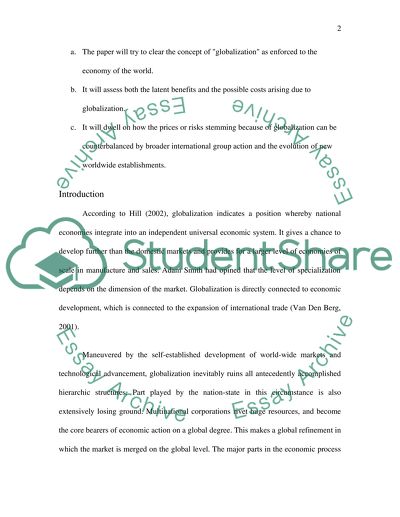Cite this document
(“What does the late nineteenth and early twentieth century global Essay”, n.d.)
Retrieved de https://studentshare.org/miscellaneous/1559497-what-does-the-late-nineteenth-and-early-twentieth-century-global-economy-tell-us-about-the-benefits-and-costs-of-globalization
Retrieved de https://studentshare.org/miscellaneous/1559497-what-does-the-late-nineteenth-and-early-twentieth-century-global-economy-tell-us-about-the-benefits-and-costs-of-globalization
(What Does the Late Nineteenth and Early Twentieth Century Global Essay)
https://studentshare.org/miscellaneous/1559497-what-does-the-late-nineteenth-and-early-twentieth-century-global-economy-tell-us-about-the-benefits-and-costs-of-globalization.
https://studentshare.org/miscellaneous/1559497-what-does-the-late-nineteenth-and-early-twentieth-century-global-economy-tell-us-about-the-benefits-and-costs-of-globalization.
“What Does the Late Nineteenth and Early Twentieth Century Global Essay”, n.d. https://studentshare.org/miscellaneous/1559497-what-does-the-late-nineteenth-and-early-twentieth-century-global-economy-tell-us-about-the-benefits-and-costs-of-globalization.


